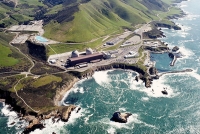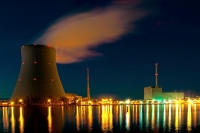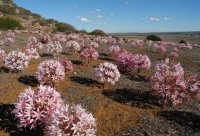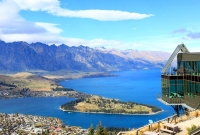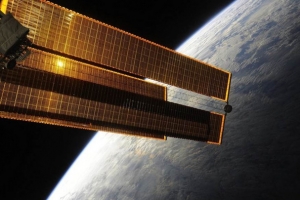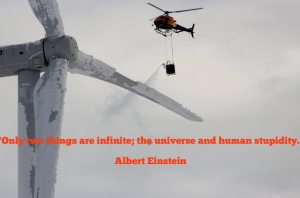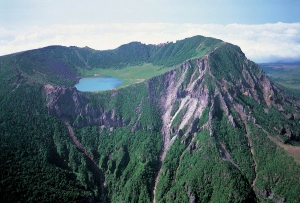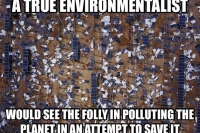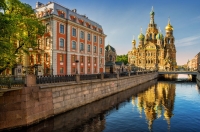Madison Freeman, www.defenseone.com, Council of Foreign Relations: Russia and China are using nuclear power projects to build spheres of energy dependence, and the United States is unprepared to respond. The Akkuyu reactor shows how Russia — and now China — are using energy exports to build influence abroad. Russia bids for such projects through its state-owned nuclear company, Rosatom, under a model that finances construction of nuclear plants, furnishes the trained personnel to run them, and leases them back to the client country. These projects come with more than a monetary price tag. Meanwhile, U.S. nuclear companies find it nearly impossible to compete against government-backed competitors motivated by political goals more than profit.
James Smith, Professor of Engineering, West Virginia University, Alex Hatch, Mechanical Engineer graduate student WVU: During the next few decades, even marginal efficiency improvements could greatly offset growing overall global energy use. Such improvements could largely eliminate the need to add any new overall energy production capacity. That would allow us to focus on the important development of new energy technologies. By using these efficiency increases, we can expand research and development into next generation high-efficiency systems – including wind, solar, oil, natural gas, coal and nuclear. Using these newly developed technologies could, in turn, lead to more a reliable, lower cost, more sustainable energy future for the USA and world.
Friedrich Wagner: Germany decided to go nuclear-free by 2022. A CO2-emission-free electricity supply system based on intermittent sources, such as wind and solar - or photovoltaic (PV) - power could replace nuclear power. Intermittent sources are, by definition, unsteady. Therefore, a back-up system capable of providing power at a level of 89% of peak load would be needed. This requires creating an oversised power system to produce large amounts of surplus energy. A day storage to handle surplus is ineffective because of the day-night correlation of surplus power in the winter.
The Economist: THE Barakah nuclear-power plant under construction in Abu Dhabi will never attract the attention that the Burj Khalifa skyscraper in neighbouring Dubai does, but it is an engineering feat nonetheless. Remarkably, its first reactor may start producing energy in the first half of 2017—on schedule and (its South Korean developers insist) on budget. That would be a towering achievement. Of 55 plants under construction, the Global Nuclear Power database reckons almost two-thirds are behind schedule. The delays lift costs, and make nuclear less competitive with other sources of electricity, such as gas, coal and renewables.


